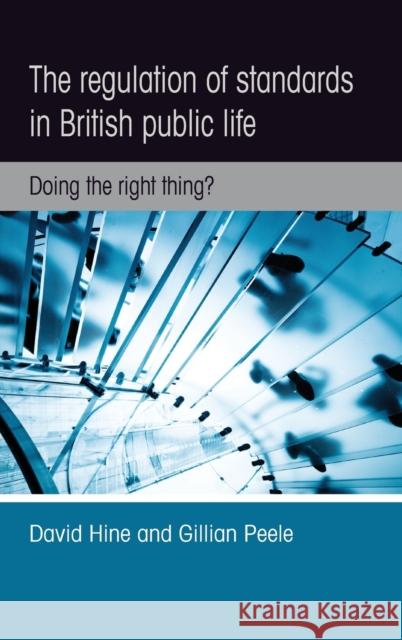The regulation of standards in British public life: Doing the right thing? » książka
The regulation of standards in British public life: Doing the right thing?
ISBN-13: 9780719097133 / Angielski / Twarda / 2016 / 312 str.
The regulation of standards in British public life: Doing the right thing?
ISBN-13: 9780719097133 / Angielski / Twarda / 2016 / 312 str.
(netto: 391,20 VAT: 5%)
Najniższa cena z 30 dni: 406,56
ok. 30 dni roboczych
Bez gwarancji dostawy przed świętami
Darmowa dostawa!
This book analyses the movement to regulate standards in British public life over the last twenty years. Distrust of government is today endemic, even in advanced democracies. Distrust reflects not just voter disappointment with policy performance but diminishing confidence in the integrity of office-holders. Government needs to be cleaner than ever, in a world where transparency and accountability challenge reputations for integrity at every turn. Yet the task of raising standards and reassuring the public is complex and challenging, simply rooting out corruption is certainly not enough. The UK's reputation for high standards was dented by political sleaze in the early 1990s. There followed a long march of the Committee on Standards in Public Life through the institutions of government - Whitehall and Westminster, parties, elections and government's relationship with lobbies and interest groups - which brought a revolution in the machinery of positive public integrity and profoundly affected many aspects of British government and politics. Yet fifteen years on, confidence in the achievements of this revolution was shaken to the core by the expenses scandals of 2009. It has not yet recovered. The regulation of standards in British public life provides a detailed study of the efforts to reform a political system, infusing it with positive virtue and eradicating ethical vulnerabilities in its institutions and processes. It analyses the problems of designing and implementing integrity machinery in the UK and evaluates the strengths and weaknesses of an experiment in regulation that has lessons for all advanced democracies. This book will appeal to those with an academic interest in government, policy and politics but should also be read by anyone with a general interest in the quality of government and decision-making today.











